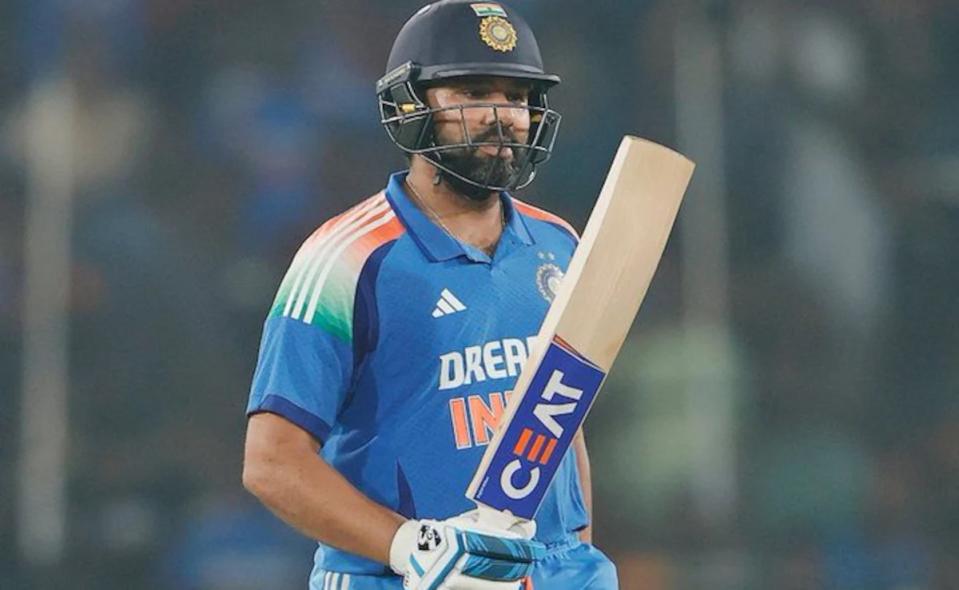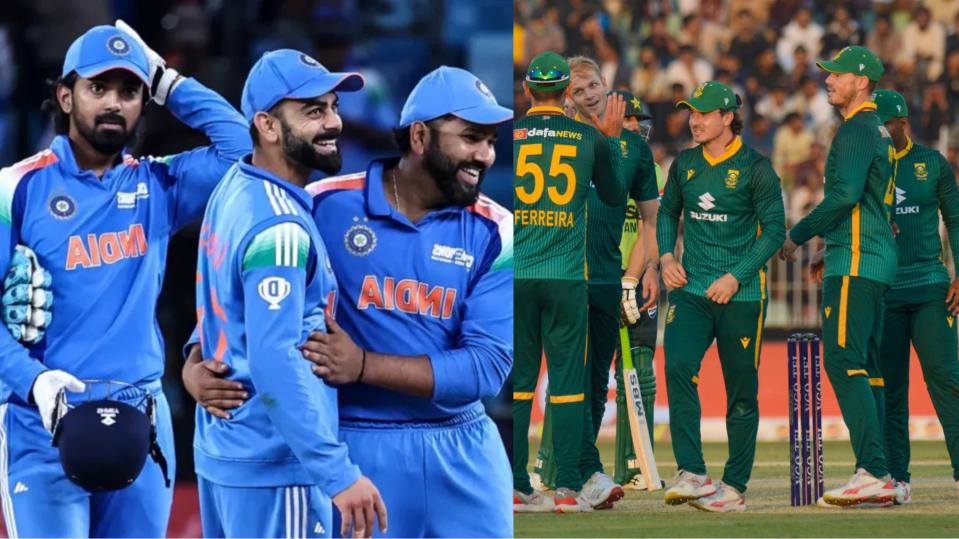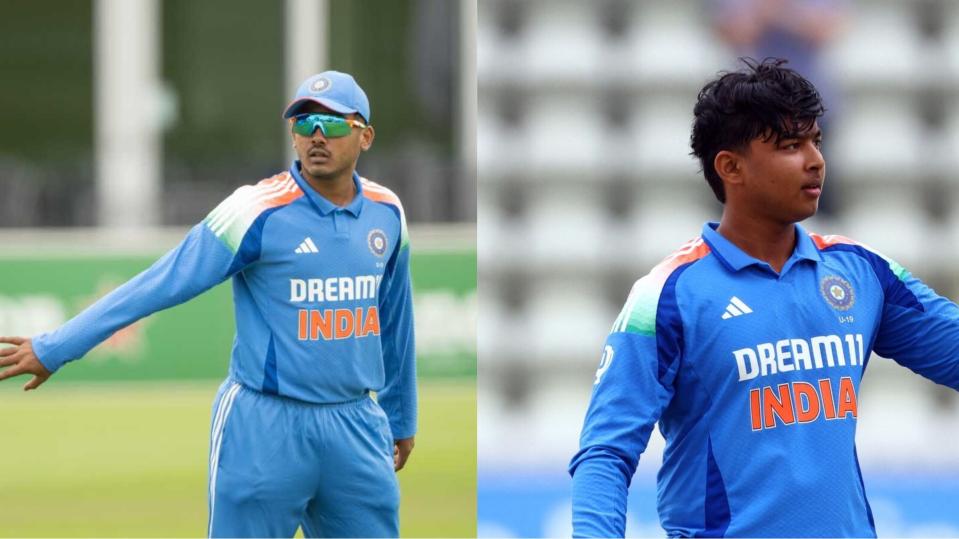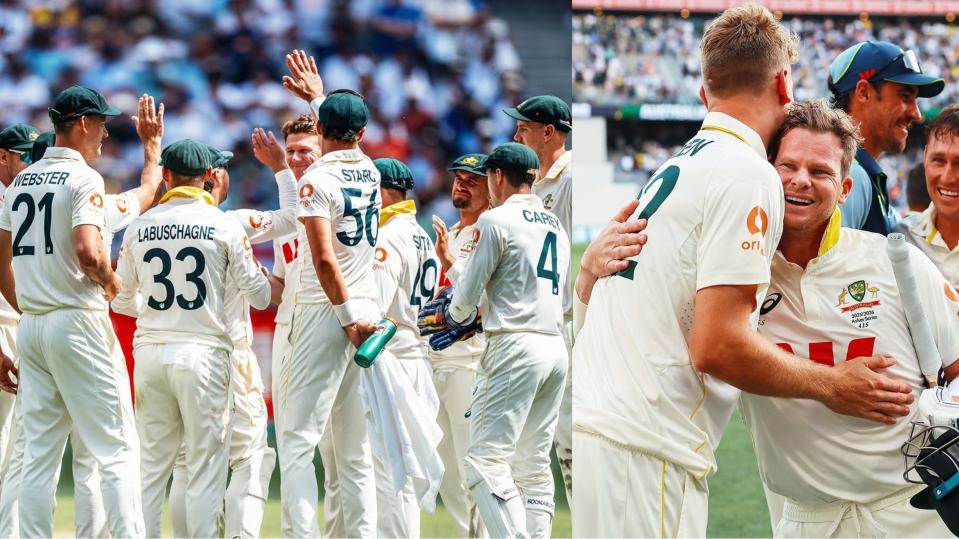The selectors’ latest move has stirred quiet debate within Indian cricket circles. The Board of Control for Cricket in India (BCCI) announced the 15-member squad for the upcoming three-match ODI series against Australia starting on October 19. Soon after, fans and experts focused on Rohit Sharma’s return. His comeback marks his first appearance since he led India to their Champions Trophy win earlier this year. Yet despite that success, the opener no longer holds the captaincy. The selectors handed the leadership role to Shubman Gill. They seem eager to build a younger core for the future.
Former Indian selector Saba Karim, speaking on KADAK, questioned why the selectors kept Rohit in the squad if they no longer see him in their long-term plans. His argument focused on clarity and consistency. Karim said the selectors sent a confusing message about India’s 2027 ODI World Cup plans by removing Rohit from captaincy but still including him in the team. He called the decision abrupt and unnecessary. Such a move, he warned, could unsettle the dressing room. He said the selectors made the decision too quickly and showed little conviction in their choices. He also added that if they no longer see Rohit as a leader, they should question his place in the squad as well.
At the same time, Karim praised the selectors for grooming Shubman Gill as captain. He said the board recognises leadership qualities in the young opener. Karim believes Gill might soon lead India in all three formats. Gill’s calm attitude and strong Test form have convinced the selectors to back him now.
“If you haven’t made him the captain, then why are you still keeping him in the team? It clearly shows that you don’t see him as part of the future, that he won’t be there for the 2027 World Cup. In that case, you shouldn’t keep a player in the team who you don’t see as part of your plans for 2027. Then whether he remains captain or not, or even a player or not, doesn’t really matter. That’s why I said the selectors have acted in great haste with Rohit Sharma, and there was no need for it,” Karim said on KADAK.
“You have elevated him and even made him the vice-captain in T20s. Now that you have made him captain, the thought is that very soon, maybe by the next season, we will see Shubman Gill leading in all three formats. Looking at it this way, their thinking seems correct. They feel that there is no other capable leader, and that’s why they are pushing Shubman at this time. He has also shown good captaincy, performing well in Test cricket. Now we will see how he does in ODIs, but yes, he has the capabilities to become a captain,” Karim said.
Gill’s Appointment and the Transition of Leadership
The change at the top follows India’s Champions Trophy victory under Rohit Sharma. That win seemed to confirm his place as captain for the long term. Yet within months, the selectors changed direction. Chief selector Ajit Agarkar reportedly informed Rohit about the decision before making it public. This approach helped the selectors manage the transition smoothly. Many believe this move shows their intent to prepare the next generation of leaders well before the 2027 cycle begins.
Shubman Gill’s appointment reflects a focus on stability and continuity. He now gets the chance to grow as a leader while facing the pressure of a strong opponent like Australia. The selectors named Shreyas Iyer as vice-captain to bring more structure to the leadership setup. Meanwhile, Rohit Sharma and Virat Kohli will continue to play in the squad. Their experience will help guide the younger players through this transition.
Rohit keeps training hard at the BCCI’s Centre of Excellence despite losing the captaincy. He said he feels excited to face Australia again. His determination to perform, even after the leadership change, shows he still has much to offer. The decision marks an important shift in Indian cricket. The selectors are mixing senior experience with youthful energy. That balance could define India’s path in the coming months.





